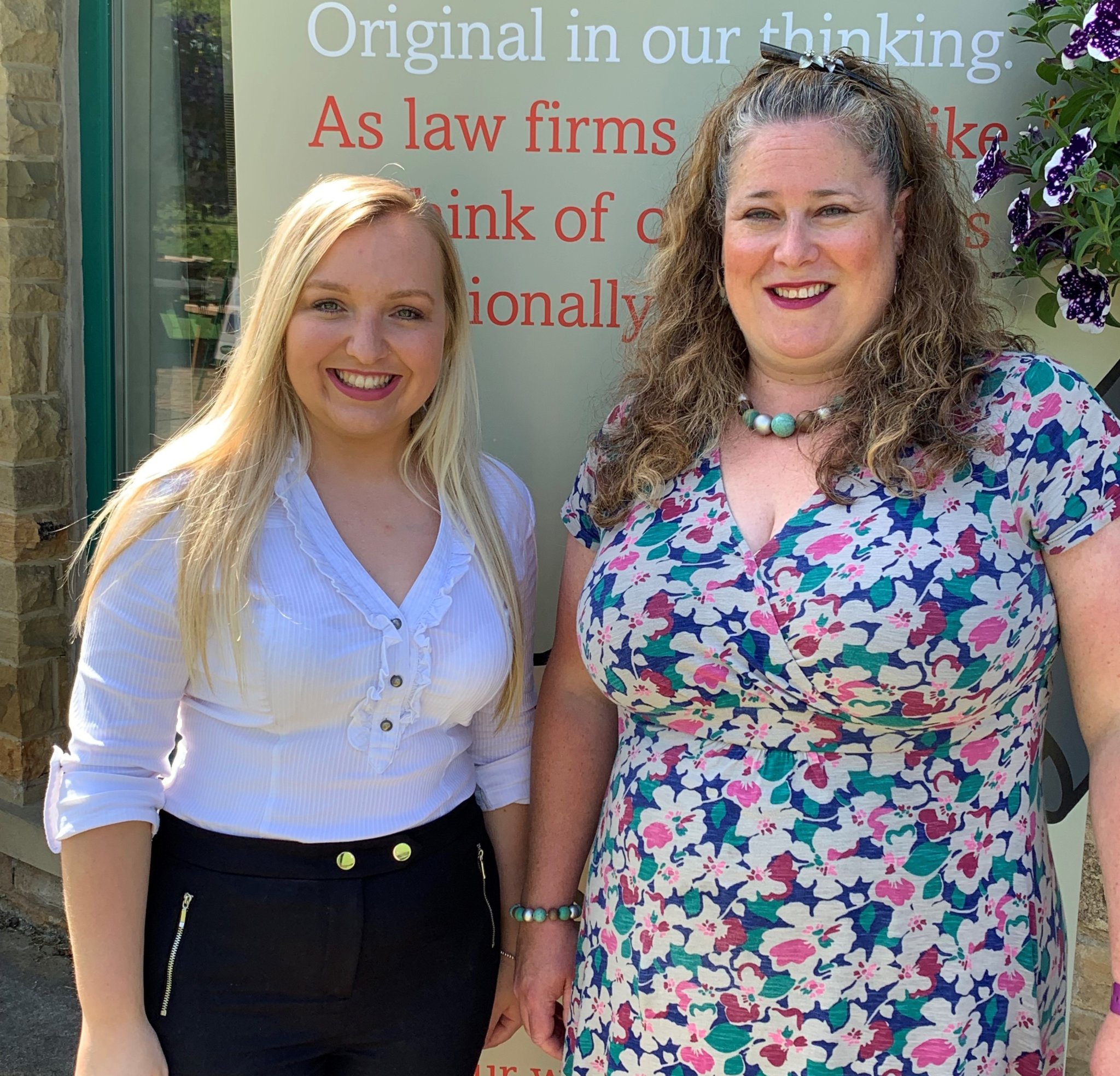Excellent experience start to finish – always very responsive to any queries and the turnaround on the property I was buying was very quick, even in the busy time leading up to stamp duty deadline. Jenny was always very helpful and went above and beyond to close on a short timescale.
Myth 1: My husband/wife committed adultery so the Court will give me more of the assets
Clients sometimes don’t realise that although adultery is a ground for divorce, it does not affect how their assets will be divided. In fact, the Court does not look at the reasons for the breakdown of the marriage and the financial settlement is based solely on the financial needs of the parties and those of any children they share. Behaviours will only be taken into account in very exceptional circumstances.
Myth 2: If I wait 2 years then I am automatically divorced
There is no way of obtaining an automatic divorce. No matter how much time has passed since your separation. You will have to issue a divorce petition before you are divorced and free to remarry.
Myth 3: I can get a “quickie” divorce
All divorces in England and Wales follow the same process. It is sometimes perceived in the media that celebrities have obtained a ‘quickie’ divorce. However, there is no fast-track option, nor can you pay ‘extra’ to obtain your Decree Absolute more quickly.
The divorce process can run quicker and more smoothly by the parties co-operating and making sure that all the forms are completed swiftly and accurately. There is now also the option to issue divorce proceedings on an online portal which seems to be a quicker process than via postal service.
Generally, the divorce process will take approximately three to six months. However, most family lawyers will advise not to apply for Decree Absolute until a financial settlement is reached, particularly if pension provisions are involved.
Myth 4: I am not married but I am a common-law wife/husband so my rights are protected
It is common belief that couples who live together, after a period of time, although not married, acquire rights to each other’s assets. There is no such concept as a common law marriage. There is no automatic entitlement to each other’s assets and generally any property is divided based on who owns it. We would be able to advise you about cohabitation agreements and documents to protect property ownership.
Myth 5: I am divorced so my Decree Absolute protects me from financial claims
The Decree Absolute is the final decree within divorce proceedings and it confirms that you are no longer married. However, without a Financial Remedy Order, either party could still make a financial claim against the other in the future even if an agreement has been reached between you and the family home has been sold with the proceeds being split. You should always obtain a legally binding Court Order, known as a Consent Order, to reflect this agreement.
Myth 6: It’s not adultery as we are separated
Under the current family law, in order to obtain a divorce, you must show to the Court that the marriage has ‘irretrievably broken down’. One way to show this is that one person in the marriage has committed adultery and the other party finds it intolerable to live with them again. Provided that you remain married, even if you are separated, if one of you has a sexual relationship with a new partner of the opposite sex, it is adultery. However, in order to use this for the basis of a divorce, this must be the reason that the marriage broke down.
Myth 7: Mediation is pointless
There is a common misconception about the difference between mediation and reconciliation. Mediation is used as an alternate dispute resolution process, to resolve post-separation disputes, rather than to encourage parties to give their marriage another go.
People often don’t realise that mediation is swift, cost effective and an amicable way to resolve financial issues and/or arrangements regarding any children. If an agreement is reached within mediation regarding the financial issues, a solicitor can then draft up a Consent Order to make it legally enforceable.
Myth 8: Pre-Nuptial Agreements are not worth the paper they are written on
Pre-Nuptial Agreements are not legally binding in England and Wales. However, this does not mean that the Court will not uphold them. The Court will consider these on divorce and provided the agreement is fair and properly prepared, there is every chance that the Family Court will take its terms into consideration when deciding a financial settlement. Even if the entire agreement is not upheld, they can undoubtedly limit any claims made. Pre-Nuptial Agreements require both parties to obtain expert legal advice from a family solicitor and should be drafted by the same solicitor.
Myth 9: I want my husband/wife out of the house so I am going to just change the locks
If the parties have shared this home during the marriage or civil partnership, and the property is jointly owned, you do not have the legal right to change the locks without providing a key to the other party. The same applies even if one party has left the matrimonial home by choice.
If a party feels at risk of domestic violence or abuse, a family solicitor can advise regarding making an application to the Court to obtain an ‘Occupation Order’. This will exclude the other party from the matrimonial home.
Myth 10: The Family Court always favours the mother in divorce and children matters
This is one of the main Family Law myths. It is important to realise that the Court’s primary concern in divorce proceedings is to ensure the stability of any children within the family. This can lead to an interpretation that mothers are favoured by the Court as it is often that the mother remains in the family home whilst the father moves out. Generally, the Court will try to ensure the children remain in the family home. The current legislation includes the presumption that it is in a child’s best interest to see the parent they don’t live with, provided it is safe to do so.
If a Child Arrangements Order Application is made to the Court, an Order for the child to spend time with the absent parent will be made unless there is a child protection issue. There are now more shared care Orders being made by the Court than ever before.
In our time supporting clients in Court regarding child proceedings, we have only seen a handful of fathers that have been denied direct access to their children and in these cases it was due to the fathers’ behaviours. It is vitally important to obtain legal advice from a family solicitor to understand how children hearings work and to make sure you are fully prepared.
Family Law can be complicated. It is always best to take legal advice when dealing with any family issues.
For more information on our Family Law services, and to contact Kirsty or Danielle.



